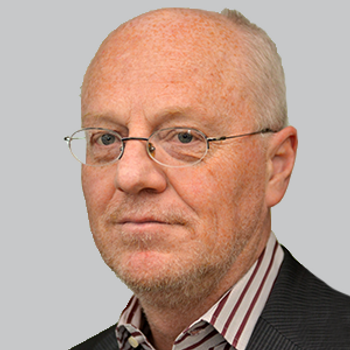
If approved, lasmiditan could represent the first significant innovation for acute treatment of migraine in more than 2 decades.

If approved, lasmiditan could represent the first significant innovation for acute treatment of migraine in more than 2 decades.

Recent work demonstrates that the anterior part of the hypothalamus is enlarged in cluster headache.

Your new patient is a 16-year-old high school student who received a diagnosis of chronic migraine two years ago. She has recently become sexually active. How would you counsel this patient?

The Global Medical Lead for Migraine and Headache at Teva Pharmaceuticals provided insight into how fremanezumab has helped to improve these facets of the condition.
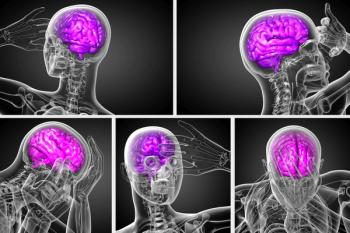
Could 20 years of treatment for migraine have prompted a spontaneous absence of speech after this patient stopped taking her medication?
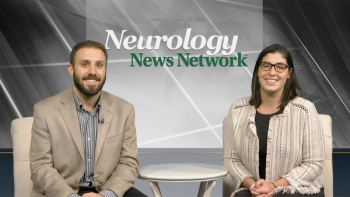
Neurology News Network for the week of November 3, 2018.

The president of the American Headache Society shared her thoughts on how preventive medicines can alter migraine treatment for the better.

Striking findings are a call for public policy and research initiatives for aging populations with neurologic conditions.

The study found that there has been a significant increasing trend in patients with migraine—irrespective of aura status—having an ischemic stroke.

Despite the explosion of preventive medications for migraine, a large need for acute care remains.

With many advancements in treatments occurring in recent years, the president of the American Headache Society urged for further research to continue to light the way.

Allergan is planning a 2019 NDA submission to the FDA for its agent, ubrogepant, based on a pair of new trials.
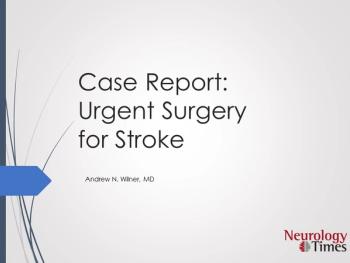
Symptoms of sudden onset of headache and decreased balance three days earlier prompted a visit to the emergency department.

The director of the Center of Neurogenetics at Weill Cornell Medicine spoke about the wealth of improvements that have really turned this area of medicine into a much more hopeful one.

The CGRP inhibitors are poised to transform the treatment paradigm for patients with migraine and cluster headache.

The Global Medical Lead for Migraine and Headache at Teva Pharmaceuticals, the therapy’s developer, discussed its performance in patients with medication overuse headache.
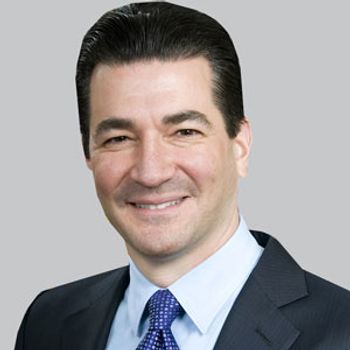
Cannabinoids are being explored in a variety of conditions, ranging from Alzheimer disease to migraine.
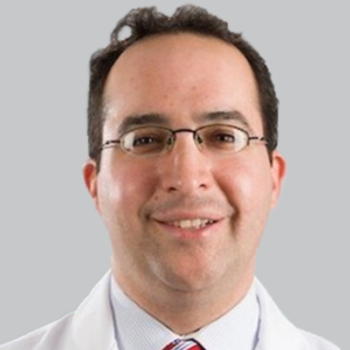
Physicians offer perspectives on newly approved products to prevent migraine.

What differentiates migraine from underlying intracranial pathology that may require neuroimaging, like tumors, abscesses, aneurysms, or hemorrhages? Test your skills with this 5-question quiz.
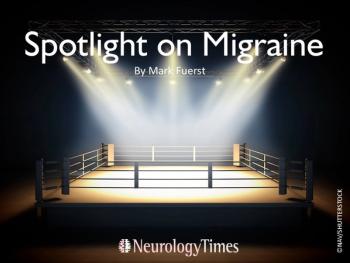

The medical director of digital health at Cleveland Clinic spoke about the role telehealth plays in a society where technology constantly advances and changes.

Digital medicine is used to increase access for rural and underserved areas, allowing for the delivery of patient care, patient monitoring and specialist consultations.
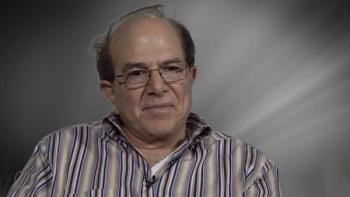
Silberstein spoke about the high prevalence of individuals with migraine in the United States, adding that the major problem in the space today is the lack of resources.

Neurology News Network for the week of September 28, 2018.

This approval marks the third of its kind in the calcitonin gene-related peptide inhibitor class, starting with erenumab in May 2018.